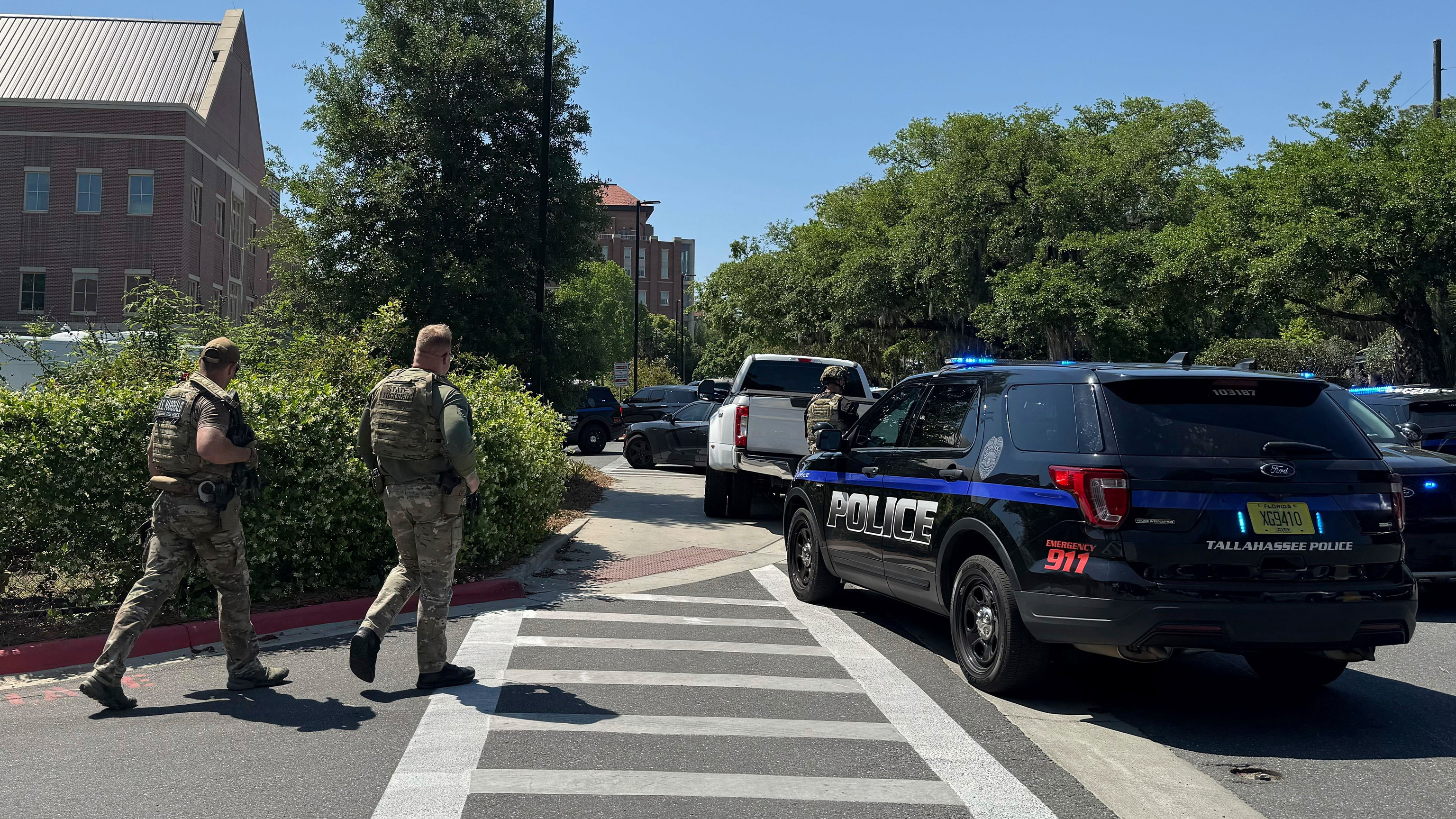Zip codes with large percentage of historically marginalized communities test for COVID-19 more often in NC

RALEIGH, N.C. (WTVD) -- An analysis of testing data from across North Carolina shows that efforts to increase testing in historically marginalized communities are working.
According to data from North Carolina Department of Health and Human Services (NCDHHS), eight of the 10 zip codes that performed the highest number of COVID-19 tests in the state have a higher percentage of Black or Hispanic/Latino residents than the statewide average. Among those zip codes are 27610 in southeast Raleigh, 27705 in west Durham, and 27703 in eastern Durham County.
But these zip codes also have some of the highest numbers of cases, for example, 27610 has about 2,500 cases and 44 deaths.
RELATED: COVID-19 testing volumes vary across North Carolina counties
For months, state and county health officials have been focusing their testing efforts in historically marginalized communities. Though people who are Black or African American make up 23% of North Carolina's population, 30% of people who have died from COVID-19 are Black.
Similarly, at one point, people who are Hispanic or Latino made up nearly 50% of all COVID-19 cases statewide, despite accounting for less than 10% of North Carolina's population. That number is down to 33%, but the disparities remain.

Julia Lockamy, a nurse practitioner for Llibott Consultorios Medicos, has seen these disparities first hand.
"So we have to really ask ourselves, as a state, what's going on? How are we failing this group of people that they are getting this virus so much more than other people?" Lockamy said. "I think the answer is it's complicated and multifaceted."
Lockamy said nearly all of the patients that come to her clinic speak Spanish, and all of the staff is bilingual. That allows patients to communicate better with every person involved in their medical care, which allows for better patient experience. But she added that many people, particularly in the Hispanic and Latino community, may be nervous to get tested for a number of reasons.
"A lot of patients haven't been to a medical provider in years because they just don't trust the system because the system has failed them over and over again," Lockamy said. "It's just frankly, unacceptable for the medical community to keep doing this to these communities. We need to do better."
Lockamy said a test could mean that a person would have to miss work for two weeks, which could mean days of lost wages that a family cannot afford. Furthermore, she said there is a fear of the contact tracing process, because people may not want to give their names or names of their close contacts to a government agent.
"They might be afraid that (Immigration and Customs Enforcement) will come and deport them or somebody that they love," Lockamy said. However, she made it clear that the NCDHHS is not a policing organization nor is it associated with Immigration and Customs Enforcement.
"Your health information is protected. It's just shared as a right to know," Lockamy said. "And in the state of North Carolina, it's important that we share this information with this state so that we can see who's being affected so we can have conversations like this to see which communities are affected."
Health officials are also mitigating medical mistrust through the use of bilingual contact tracers. Dr. Viviana Martinez-Bianchi, a family medicine practitioner for Duke Health, has been working directly with NCDHHS to implement programs to target historically marginalized communities. Other efforts to close the gap include free testing events and working with community organizations.
MÁS INFORMACIÓN: El gobernador Cooper anunció el lanzó de nuevas herramientas en línea para ayudar con COVID-19
"There was a really important effort that started earlier on in July that is now starting to show the results," Martinez-Bianchi said.
And while testing increases daily, Martinez-Bianchi said it's only one part of the response. Both she and Lockamy stressed the need for county governments and the state to provide additional relief for food insecurity, housing insecurity, paid time off and unemployment.
"What we need to understand is testing needs to be followed with ability to isolate for people who are positive, ability of the contacts to quarantine," Martinez-Bianchi said. "But the only way they will be able to do this is if we can support them so they don't have to go to work. You can't have it both ways. You can't have to make the decision on whether your family will go hungry or you will have to isolate from the virus."
And both medical professionals said while testing is important, prevention is key to protect families, friends and coworkers from getting the virus. And if a close contact does test positive, Lockamy said waiting five days before seeking a test is the best way to guarantee an accurate result, and quarantining beforehand is key.
"That's a simple way to keep people around you safe," she said.











